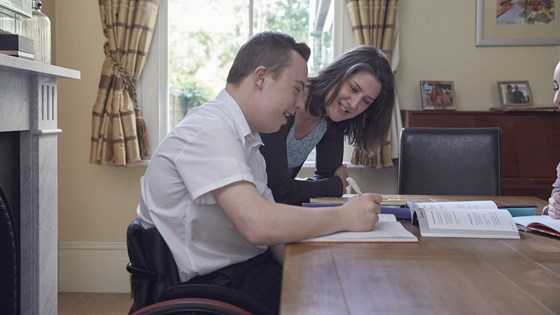Emotional abuse is never your fault and it’s not ok. If this is happening to you, you can talk to us.

Always being put down? Ignored? Or made to feel bad about yourself?
Emotional abuse is never your fault and it’s not ok. If this is happening to you, you can talk to us.
Whether it’s words, constant criticism, or even a silence, if you hear it often enough you might start to believe it. This is emotional abuse. If it’s happening to you, don’t ignore it.
Emotional abuse includes when someone:
3 things to remember:
There are lots of different reasons why a person might abuse you emotionally.
They might be taking their own stress out on you. Or they might feel a need to control other people, especially if they’re struggling to control their own life.
Only the person doing this would know why they're behaving in this way. But whatever their reasons, it’s not okay. And it's not your fault.
just want them to
FEEL
BETTER
Sometimes young people who talk to Childline don't realise that what has happened to them is emotional abuse and that it's wrong. This can be because they're used to being treated in this way. It can seem normal to them. But you deserve to be treated with care and respect.
saying things I've been
bottling up and
feeling better
